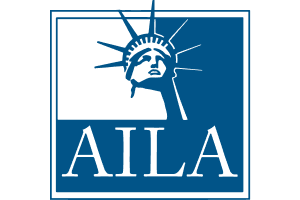H-1B Visa
The H-1B visa provides a work status for aliens with the equivalent of a Bachelor’s degree who are working in a field which requires such a degree. The United States Citizenship and Immigration Services (USCIS) terms these to be a “specialty occupations.”
A professional evaluation of the beneficiary’s degree equating the foreign degree to a U.S. Bachelor’s degree may be required. This is not necessary if the alien has a Bachelor’s or Master’s degree from an accredited U.S. school.
For graduates of foreign medical schools, including those in Canada, who will have clinical responsibilities, it is also required that the candidate pass all three parts of the USMLE or both parts of FLEX and be competent in English. These additional qualifications, however, do not apply to those physicians seeking positions that mainly involve teaching or research and only a minute amount of patient care. H-1B visa holders are not subject to the two year home residency requirement as are J1 holders. The H-1B does require a U.S. petitioner (employer).
To evidence that the job is a “specialty occupation,” an in-depth description of the technical/professional nature of the job responsibilities must be provided. The job description is developed through information gained from the employer and alien as well as other sources. It is important to have a detailed description including the complexities involved in this position.
In some instances, it might be necessary to demonstrate that the employer is financially viable by including evidence of the corporate structure of the business, annual reports, tax returns and payroll records. While these items are not a requirement for submission, they will assist in securing an approval in an expedited fashion.
An H-1B can be approved for an initial three year period and may be extended for an additional three years for a total of six years. The filing of an employment-based petition (Form I-140) or labor certification one year prior to the end of the sixth year will allow for additional extensions in one year increments. The beneficiary can work for only the sponsoring employer although he/she can be the beneficiary of multiple concurrent H1Bs that will allow moonlighting for other employers.


